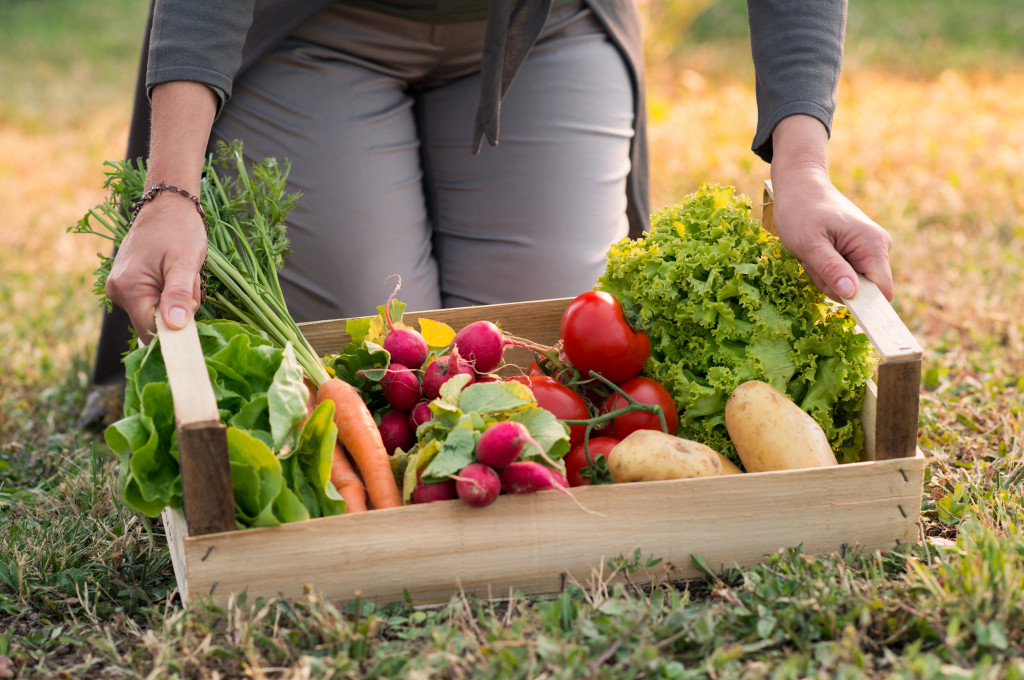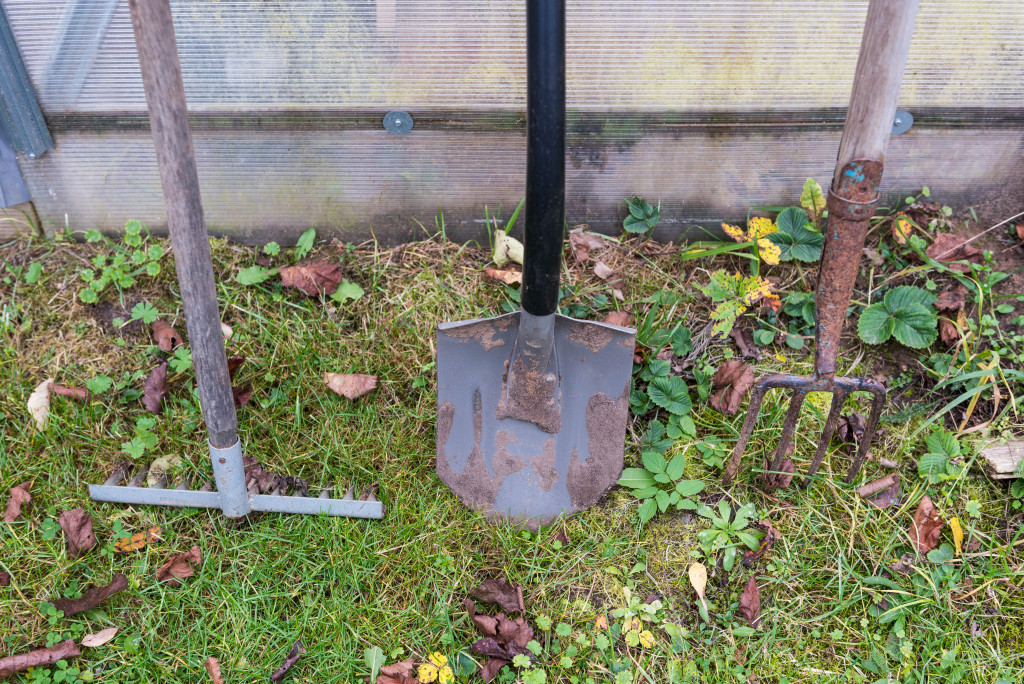
- Small farms can yield higher profits per acre by growing specialty and high-value crops.
- The land is crucial for the venture’s success, and zoning laws and regulations must be considered.
- Choosing suitable crops, such as specialty, seasonal, niche, or fruits and berries, can significantly impact profitability.
- The right tools, including hand, power, tractor-mounted implements, and software, can make or break a small farm’s success.
Starting a small produce farm can be a profitable venture for many reasons. Not only can you provide fresh and healthy food for your community, but you can also earn a good income. According to the USDA, small farms comprise 90% of all U.S. farms and roughly 20% of total food production. Additionally, small farms often yield higher profits per acre than larger farms.
One reason is that many small farms focus on growing specialty and high-value crops such as organic produce, herbs, and heirloom vegetables. These crops often have a premium price compared to conventional produce. Small farms can also benefit from selling directly to local markets and restaurants, cutting out the intermediary and increasing profit margins.
However, you might not know what to do to get started. Here are a few things to consider when starting a small produce farm:
Identifying Available Space
Getting the land to start a small produce farm is crucial to the venture’s success. Without land, the farm cannot grow crops or support livestock, so there will be no income. Considerations such as soil quality, water accessibility, and climate must all be considered when searching for land.
The first step in securing land is to research the local zoning laws and regulations. Some areas may restrict farming in residential areas, so it’s important to know what’s permitted in your area. Also, remember that some areas may have zoning laws requiring a certain amount of land for agricultural purposes.
One way to get land for farming is to buy it outright. This can be a considerable investment, but it provides the most control over the land and its future use. If buying is not an option, consider leasing or renting land. Many landowners are willing to lease or rent land to farmers yearly or through a long-term lease. This can be a good option for those who want to test the waters before committing to a significant investment.
Another option is to participate in a land-sharing program. Land-sharing programs match landowners with people who want to farm but don’t have land. These programs can be a win-win for both parties; the landowner can earn money from unused land, while the farmer can start their business without the upfront cost of purchasing land.
Of course, some of your crops might require more space than you can get from a single location. Consider building a DIY Quonset greenhouse to give your crops more growing room and extend your season. With some elbow grease and research, you can save money by making the greenhouse yourself.
Picking the Right Produce

Selecting the right produce to grow on your small farm is a critical decision that can significantly impact your farm’s profitability. With the increasing demand for locally grown, fresh produce, choosing crops that align with market needs and bring higher returns is essential. Here are some examples of crops that small farms can focus on to profit based on their growing demand and premium price.
Specialty and High-Value Crops
Specialty crops can provide significant opportunities for small farm owners, as they often command higher prices in the market. Many consumers are willing to pay a premium for organic produce, herbs, and heirloom vegetables, often not grown on a large scale. Additionally, specific crops like mushrooms, microgreens, and edible flowers can sell at a higher price per pound than traditional crops.
Seasonal Crops
Selling seasonal crops can be a lucrative approach to making the most of the local demand. For instance, growing winter squash in the fall, pumpkins in October, or strawberries in June can help you meet the customer’s needs and increase revenue. Furthermore, exploring planting seasonal crops can help ensure the farm’s year-round operation while maximizing profits.
Niche Crops
Niche crops are specific plants in high demand in local ethnic markets, gourmet shops, or restaurants. They can be a profitable alternative to traditional crops, as there is less competition for growing and selling them. Some examples of niche crops include okra, edamame, bitter melon, and kale.
Fruits and Berries
Growing fruits and berries can also be brilliant for small farms with a longer growing season. Although fruit production can be more challenging and time-consuming than growing vegetable crops, it can often lead to higher profits per acre. During the growing season, fruits like raspberries, strawberries, and blueberries can offer a reliable and steady income stream.
Get the Right Tools and Equipment

Tools and equipment can make or break a small farm’s success. The right gear depends on the size of your farm and which crops you plan to grow, but there are some essential items that every farm should have. These include hand tools like shovels, hoes, rakes, spades, and trowels; power tools such as tillers, mowers, and trimmers; tractor-mounted implements like plows and disc harrows; irrigation systems; and greenhouses or other protective structures. Investing in quality products helps you get the job done faster and ensures safer working conditions for yourself and any hired laborers.
Finally, consider investing in software to manage crop scheduling, supplies ordering, invoicing, and other tasks. Many software solutions offer features like soil analysis, task lists, weather monitoring, and more to help you track your farm’s progress and make informed decisions.
Final Thoughts
Starting a small produce farm requires careful planning and research. Many factors make your venture successful, from finding suitable land to choosing profitable crops and getting the right tools and equipment. However, with the right decisions and dedication, you can create a thriving business that provides healthy food for your community while earning great returns.